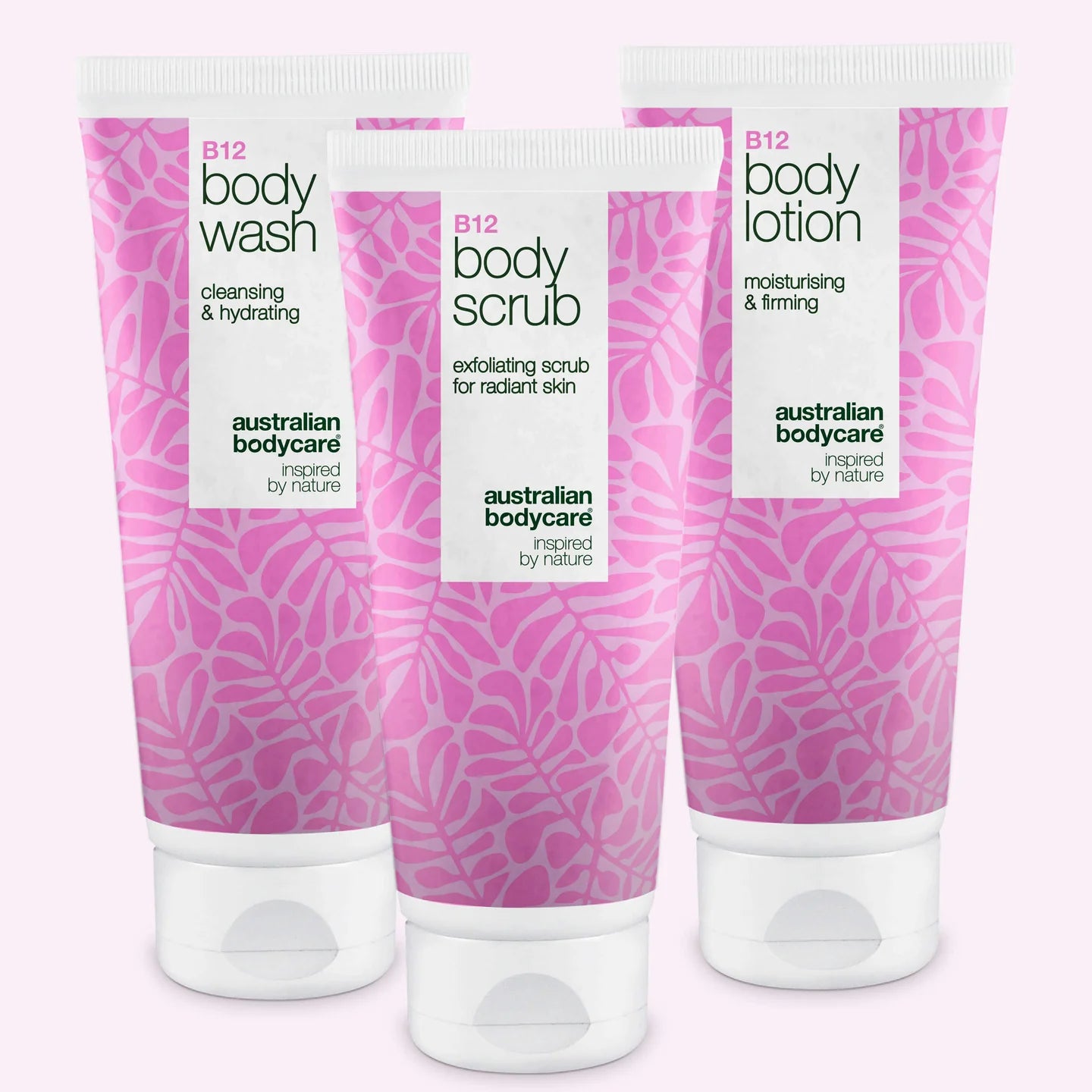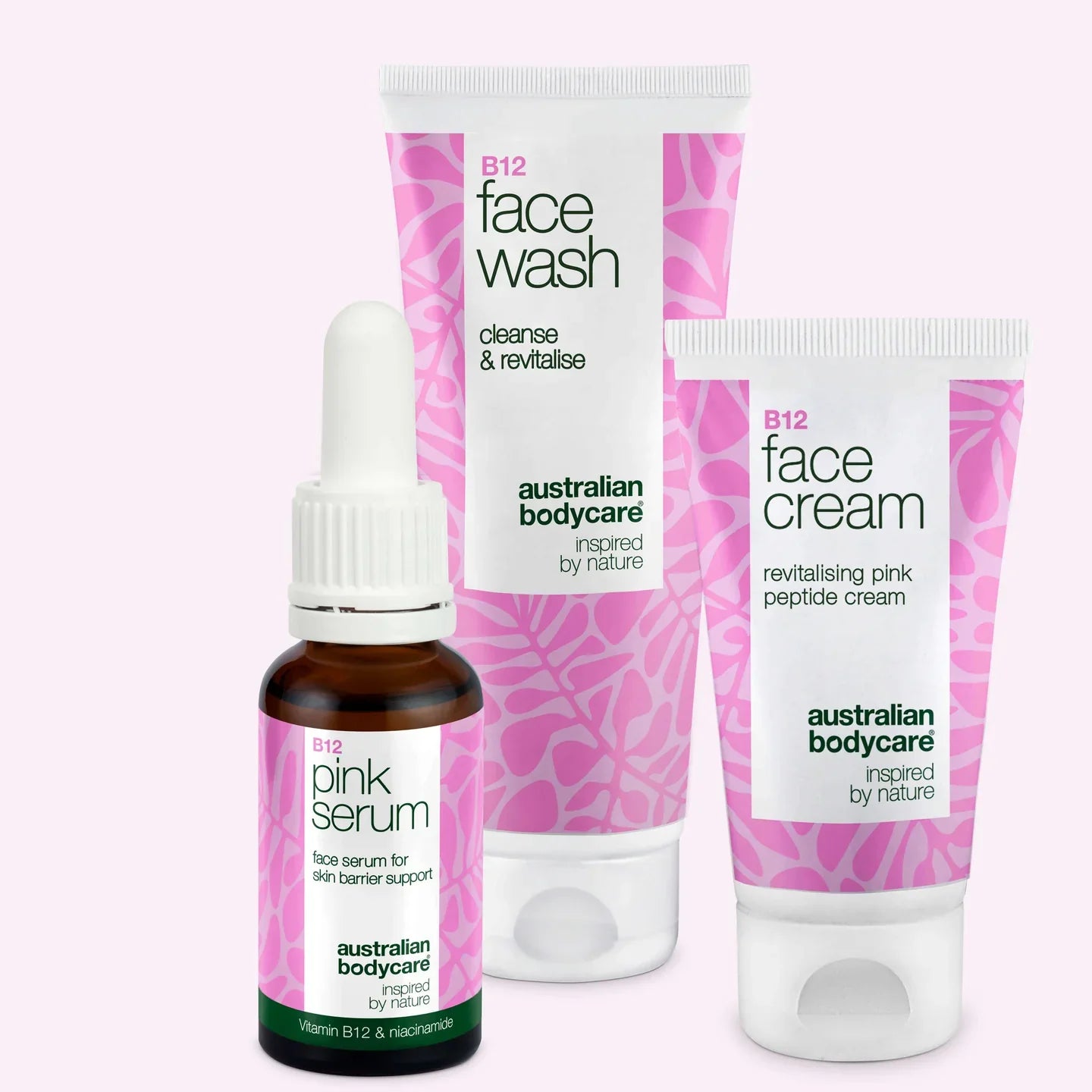Good advice about itching mosquito bites
Table of contents
Mosquitoes and hot weather go together
It has been a lovely hot summer day, and then you get a beautiful warm summer evening and night. Everything would really be perfect if it were not for the tiny, infuriating mosquitoes buzzing about everywhere.
This is a scenario that most of us can recognise, both in the summer at home and on holidays in warm countries. Mosquitoes are a plague everywhere, regardless of latitude and longitude.
Why do mosquito bites itch?
Mosquitoes live on nectar from plants. They do not actually eat blood. In fact only female mosquitoes bite. They suck blood to develop their eggs.
When a mosquito bites, it injects a chemical substance like saliva into the bite to keep the blood from clotting. That is what causes the itching. Your body reacts to the bite and builds up a type of inflammation.
A mosquito does not inject a poison, as a wasp does, for instance.
The body’s immune reaction has been activated by the mosquito bite. How strongly you react to a mosquito bite depends very much on your immune system. There are also different types of mosquitoes, and some cause a more violent reaction than others.
The myth about mosquitoes and blood types
Mosquitoes do not care about your blood type. For many years, a myth has been circulating that mosquitoes prefer particular blood types. There are, however, certain smells and pheromones that mosquitoes find more attractive than others, and one is sweat.
This may be a reason why children seem to get more mosquito bites than adults. Children often rush about, even when it is hot, so they get hot and produce more sweat.
Avoid mosquito bites – if you can
In the battle against mosquitoes most of us have tried mosquito-repellent candles scented with citronella, in the hope of having the patio to ourselves on a lovely summer evening. However, mosquito-repellent candles are a waste of money. They do not seem to work, and it is possible that the warmth from the candles actually attracts even more mosquitoes.
However, there are other things you can do to avoid mosquito bites, or at least to reduce the risk of them.
Mosquitoes prefer warm and humid surroundings. That is why so many people have come home covered in mosquito bites from otherwise glorious holidays near woods and lakes. So stay away from lakes and rivers if you can.
Mosquitoes bite most around sunset and sunrise, so you can prevent bites by wearing long sleeves and trousers when you go outdoors in the evening. You can also sleep under a mosquito net. This is especially important if you travel to areas where mosquitoes are carriers of dangerous diseases.
Use mosquito repellents
Pharmacies and drug stores sell a variety of mosquito repellents. You can get sprays, spot sticks for mosquito bites and lotions or ointments. There are also natural oils such as Tea Tree Oil. The common factor for these remedies is that they contain scents that mosquitoes do not like.
They will not drive mosquitoes away from the area entirely, because they do not discover the scent until they are quite close to your skin, but it should be enough to stop them settling specifically on you. That is primarily what we want to avoid.
It is easy to confuse one mosquito remedy with another, but some are preventive, to help avoid mosquito bites, while others soothe the itch if you have been bitten after all. Thus it is important to look carefully and choose the right mosquito remedies.
Some people believe that taking vitamin B reduces the likelihood of being bitten by mosquitoes. There is no scientific evidence for this, but if it works for you, that is fine. Parsley, garlic, elderflowers, a lime with cloves stuck into it, or a generous gin and tonic are all said to keep mosquitoes away, but there is no scientific proof for these either.
Treating the itch after mosquito bites – How to stop the itching
The best – and most effective – advice about mosquito bites is to leave them alone. If only we could manage not to scratch, mosquito bites would not be nearly so bad. But, as anyone who has ever had mosquito bites knows, it is far easier said than done. Often it is simply impossible not to scratch, so that advice is not particularly helpful.
A single mosquito bite may be bearable, but if you have many of them, it is practically a necessity to find a remedy for mosquito bites which can soothe the itching.
Old-fashioned household remedies for mosquito bites
There are dozens of household remedies that are said to relieve the itching from mosquito bites. They include everything, from warm water, soap, toothpaste, nail polish, vinegar, honey, tea, household ammonia, basil, cucumber, onions, lemon juice and banana skin, to home-made mixtures of baking powder or aspirin or salt dissolved in water.
One suggestion is rubbing spit on the mosquito bite. For some people this is simply an automatic reaction to anything that stings and itches. There may be something in human saliva that soothes itching slightly, but there is no documentation of any kind.
Many of the suggestions date from a time when there were no specific remedies for minor everyday discomfort, and it was necessary to try natural products to find a solution.
There is generally no scientific proof that any of these different remedies help against mosquito bites, but some of them might have an effect nonetheless. To begin with, it is harmless to use the natural remedies, but be careful about experimenting with all kinds of things on your skin. Toothpaste, nail polish, ammonia and several of the other suggestions are not intended for use on skin, so they may do more harm than good.
Medical products for mosquito bites
Pharmacies and drugstores sell topical local anaesthetics and remedies that can relieve itching and reduce the discomfort of mosquito bites. They may be in the form of creams, sticks or tablets. If you have very painful mosquito bites, it is worth trying a remedy to relieve the itching.
Many people are helped by taking an antihistamine tablet. If you know you react strongly to mosquito bites, it may be a good idea to have a pack of tablets handy. These are the same tablets that are used for allergies such as hay fever.
In particularly serious cases, if you have a lot of swollen and inflamed mosquito bites, and are seriously affected by it, the solution may be an injection of cortisone. In that case, however, you must see a doctor.
Natural remedies for itching mosquito bites
You can buy a range of different remedies for mosquito bites, all of which contain chemical substances. In some countries a wider range of stronger products are available, both to prevent and avoid mosquito bites, and to relieve and soothe the itching. It may be safe to use some of these remedies, even though they may not be approved where you live. Others, however, are extremely powerful.
If you prefer natural remedies for the itching from mosquito bites, you can, for instance, try a cream with Tea Tree Oil. Tea Tree Oil relieves the itching, but can also be used preventively, to avoid mosquito bites. The scent of the oils is obviously one of those that mosquitoes do not like.
Essential mosquito-repellent oils such as Tea Tree Oil and lavender oil both kill bacteria and can help to relieve the itching, swelling and discomfort. They are purely natural products, which are safe to use. If you choose to use the pure oil, it is important to follow the guidelines in the patient information leaflet, and dilute as instructed. You can use the oil preventively and rub it on the most exposed areas, such as ankles and legs, arms, neck and face.
If you have already been bitten, you can dab the diluted oil on the insect bites.
There is also a spot stick with Tea Tree Oil from Australian Bodycare, which is ideal to have in your pocket. The spot stick is antibacterial, and reduces the risk of bacteria in the mosquito bite. It also helps to reduce irritation and itching, so you are less likely to scratch directly on the mosquito bite.
Allergic reactions to mosquito bites
After a mosquito bite the skin becomes hot, red and swollen, and the itch is maddening. If it looks worse than normal, it may be due to an allergic reaction.
If you have an allergic reaction to a mosquito bite, it means that your body has formed antibodies to the protein in mosquito saliva. The allergy will typically exacerbate the normal symptoms: itching, swelling and redness.
If the allergic reaction is more serious, there may be blue marks on the skin around the mosquito bite, hives over the entire body, or in very rare cases, an anaphylactic shock with violent swelling, which in the most severe cases may block the airways.
That kind of violent reaction to a mosquito bite is rare, but if it does happen, it is important to call a doctor quickly. The solution may be treatment with antihistamine tablets, or possibly a cortisone injection.
You can be tested for allergy to mosquito bites, but this is unusual, because most people are not so violently allergic to mosquito bites. The test for mosquito allergy is not always indicative, because it does not test for all types of mosquito. There is no vaccination against mosquito bites, so even if you are allergic to them, other remedies are necessary.
Normal reactions to mosquito bites
The normal reaction to a mosquito bite is itching, with swollen red skin around the bite. Typically, the skin will also become slightly hot. It is uncomfortable, but not dangerous. The more violent symptoms are seen when there is an allergic reaction, or if there are many mosquito bites at the same time.
Itching and inflammation
It may be quite uncomfortable if you have many mosquito bites all at once. The itching feels severe when you itch all over. It may be difficult to think of anything else in the daytime, and hard to sleep when your body itches at night. The skin is swollen, hot and red.
It is almost impossible to keep your fingers away from the mosquito bites, either during the day or the night, so it is almost inevitable that some of the mosquito bites will become inflamed and infected if your fingers are not clean when you scratch.
Nausea and discomfort
It is very uncomfortable to have mosquito bites all over. It is not unusual to feel nauseous and slightly unwell. If you really have a lot of mosquito bites at the same time, you may have symptoms almost like influenza as well as the itching from the mosquito bites.
If you feel very ill with nausea, dizziness, fever, headache, difficulty breathing or other serious symptoms, they may be due to an allergic reaction. You should always call a doctor immediately if you experience more than the usual discomfort after a mosquito bite.
Infection in mosquito bites
If you scratch mosquito bites with dirty fingers, there is a risk that the bites may become infected. It is always a good idea, therefore, to cleanse the insect bites well, and then use a mosquito bite treatment that combats bacteria and relieves the itch. It could be one of the remedies you can buy at the pharmacy, or a natural remedy which you can buy from drug stores or health-food shops. If the infection looks serious, you should get a doctor to look at it.
Watch out for mosquito bites in some countries
Mosquitoes are the most dangerous animals in the world, because they kill more people than any other animal. A mosquito bite alone is not deadly, but a mosquito can be the carrier of serious diseases. Malaria is the disease most often associated with mosquitoes, but they can carry other diseases such as yellow fever, dengue fever, Zika virus and meningitis.
The danger is greatest in poor, hot and humid regions
The risk of being bitten by mosquitoes and infected with dangerous diseases is greatest in hot and humid climates, and in regions where there is poverty and poor infrastructure. This applies in large sections of Africa, South Africa and Southeast Asia. It rarely applies in the big cities, however. If you are going for a short period and will primarily be staying in tourist areas, the danger is not so great. In other words, if you are going for a week’s holiday to Thailand, for example, and visiting Bangkok or one of the holiday islands, there is no serious danger, and it will normally be enough if you protect yourself with a mosquito net and mosquito repellents, and wear long trousers and sleeves in the evenings.
Try to avoid mosquito bites
It is important to remember that even if you are staying in areas where mosquitoes may carry serious diseases, far from all the mosquitoes are infected with them. So even if you are bitten by a mosquito, it is not necessarily dangerous. However, it is naturally important to take precautions if you are staying in an area where there is any risk of mosquito-borne diseases.
You can be vaccinated against yellow fever, but there are no vaccines for malaria or dengue fever. It is only possible to take tablets to prevent malaria, but they are known to produce side effects. With regard to both malaria and yellow fever, your primary concern is to avoid being bitten. One thing you can do is to sleep under a mosquito net. Mosquitoes bite most around sunset and sunrise, so you can avoid many bites by covering yourself with a long-sleeved shirt and long trousers when you go out in the evening.
It is always a good idea to use a mosquito repellent, an insect repellent, or something with a smell that mosquitoes do not like, such as Tea Tree Oil.
FAQ about mosquito bites
Why do mosquito bites itch?
Mosquito bites itch because as it bites, the mosquito injects a saliva-like substance into the wound to stop the blood clotting. Your body reacts to the bite and builds up a type of inflammation – and that causes the itch.
What helps against mosquito bites?
There are lots of old-fashioned household remedies for mosquito bites. Some of them may help, even though there is no scientific proof. Otherwise, natural remedies are most effective, such as Tea Tree Oil, which can be bought from a pharmacy, drug store or health food shop.
How can I avoid mosquito bites?
You can do a lot yourself to avoid mosquito bites. Start by staying away from lakes and humid areas, making sure you cover up by wearing long sleeves and trousers when you go out in the evening or at night, and then you can use various mosquito repellents and natural remedies such as Tea Tree Oil for mosquitoes, which prevents mosquito bites.
What do mosquito bites look like?
A mosquito bite is just a tiny dot on the skin, but in a great many cases it soon becomes a red, swollen and itching splodge.
Who gets bitten by mosquitoes?
Everyone can be bitten by mosquitoes, but some are bitten far more often than others. It is not known precisely why. There is no connection with blood types, but more probably with different scents and smells on the skin, which vary from one person to another.
How long do mosquito bites go on itching?
In the great majority of cases a mosquito bite will itch for a few days, and then clear up. However, some mosquito bites have been known to itch for several weeks. This may be because you have been bitten by a different or more aggressive species of mosquito, perhaps when you have been bitten on a holiday abroad.
Why are mosquito bites hot?
When you are bitten by a mosquito, it causes a form of inflammation in the skin, which can then feel slightly hot.
Can mosquito bites make you ill?
Normally, a mosquito bite means that the skin will itch and become hot, red and swollen. If it causes an allergic reaction, or if you have a lot of mosquito bites at the same time, you may in fact feel slightly unwell because of the large number of mosquito bites. You may feel nausea and discomfort, and generally feel slightly unwell.
Can you get mosquito bites in the winter?
Yes, you can indeed be bitten by a mosquito in the winter, but you will typically be bitten by a banded mosquito or house mosquito that has overwintered indoors, and not the mosquito-like winter crane flies you meet outdoors. It will still itch, no matter which mosquito bites you.
Is it possible to be allergic to mosquito bites?
Some people are allergic to mosquito bites, although anyone can have an allergic reaction if the mosquito bites are intense or there are many of them.
Should you puncture a mosquito bite?
There is no reason to pierce a mosquito bite, because there is no poison to be drawn out. Instead, you risk causing an infection in the mosquito bite, so it is best to leave it alone.
How can I avoid mosquitoes in the bedroom?
It can be incredibly irritating to have a mosquito in the bedroom, but what is the best way to stop them getting in? A good tip is to avoid turning on the light in the evening, if you air the room. Mosquitoes are often attracted by lamps and light, as they produce heat, which mosquitoes love.





